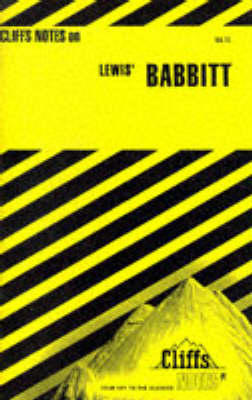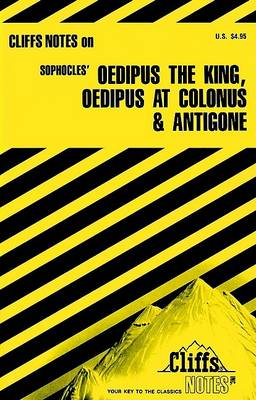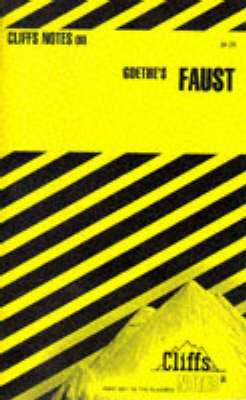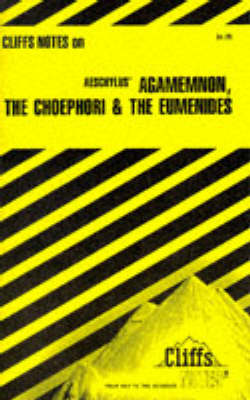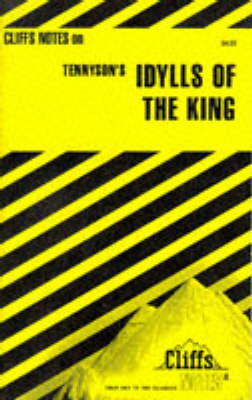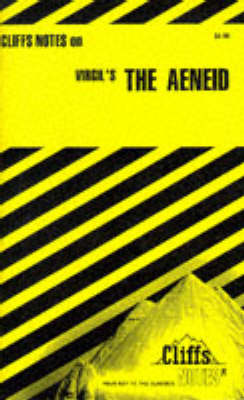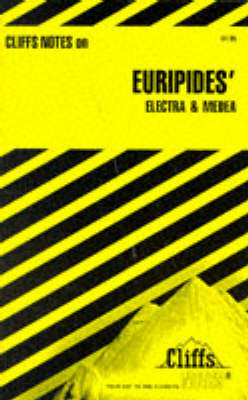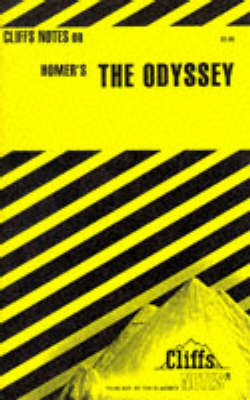Cliffs notes
8 total works
Notes on Sophocles' "Oedipus the King", "Oedipus at Colonus" and "Antigone"
by Robert J. Milch
Notes on Aeschylus' "Agamemnon", "Choephoroe" and "Eumenides"
by Robert J. Milch
In "CliffsNotes on Euripides' Electra & Medea, " you explore two classic Greek tragedies by Euripides and discover how the playwright introduced many innovations into the drama of his time. "Electra" and "Medea" present enlightening psychological examinations of characters under extreme stress -- namely the title characters: Electra, the daughter of Agamemnon who seeks revenge on her mother and uncle for murdering her father and forcing her to live in poverty; and Media, who seeks revenge against her husband Jason for betraying her and marrying another woman.
In this study guide, you'll find Life of the Playwright, as well as character lists and Summaries and Commentaries of each play. You'll also find critical essays on the following topics: The background of the Greek tragedyAristotle on tragedyOther works by EuripidesNotes on the main characters of each play
Classic literature or modern-day treasure -- you'll understand it all with expert information and insight from CliffsNotes study guides.
